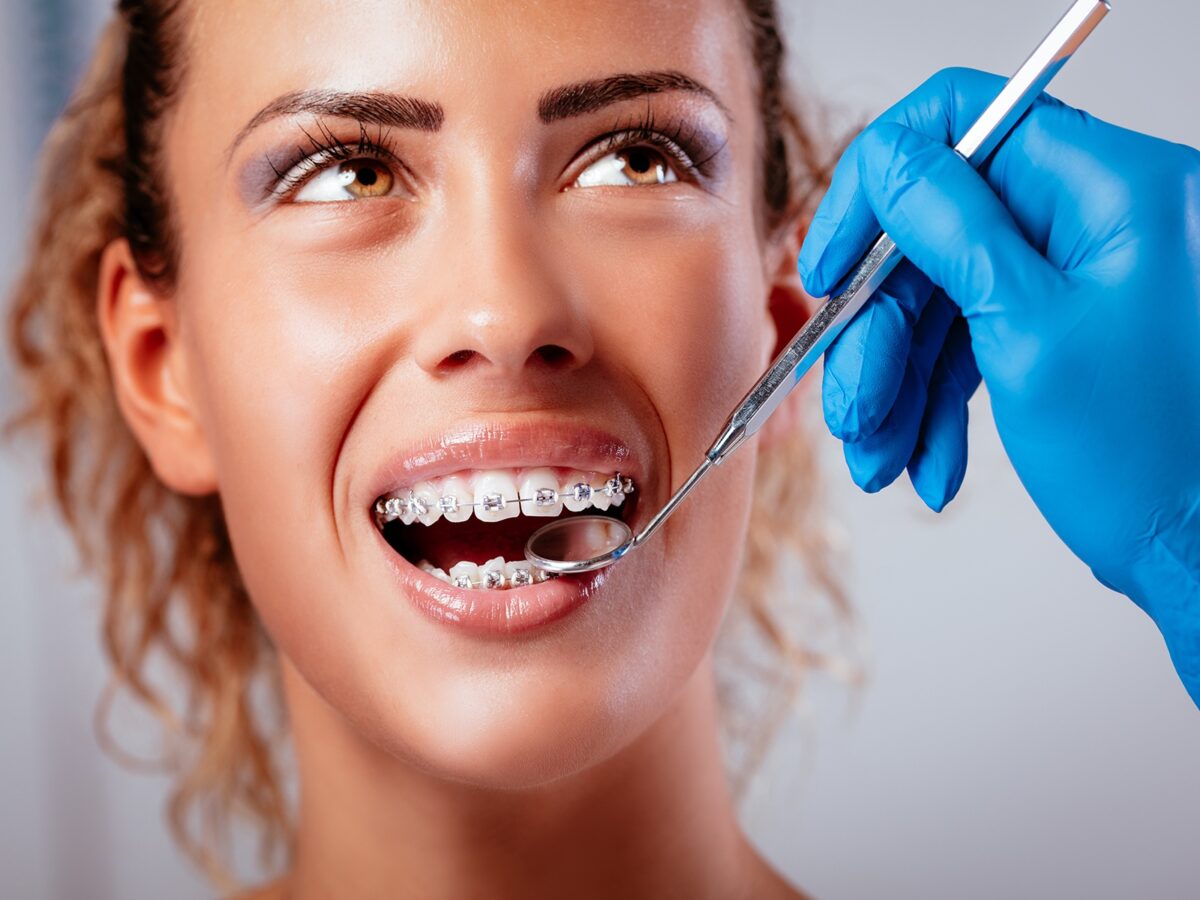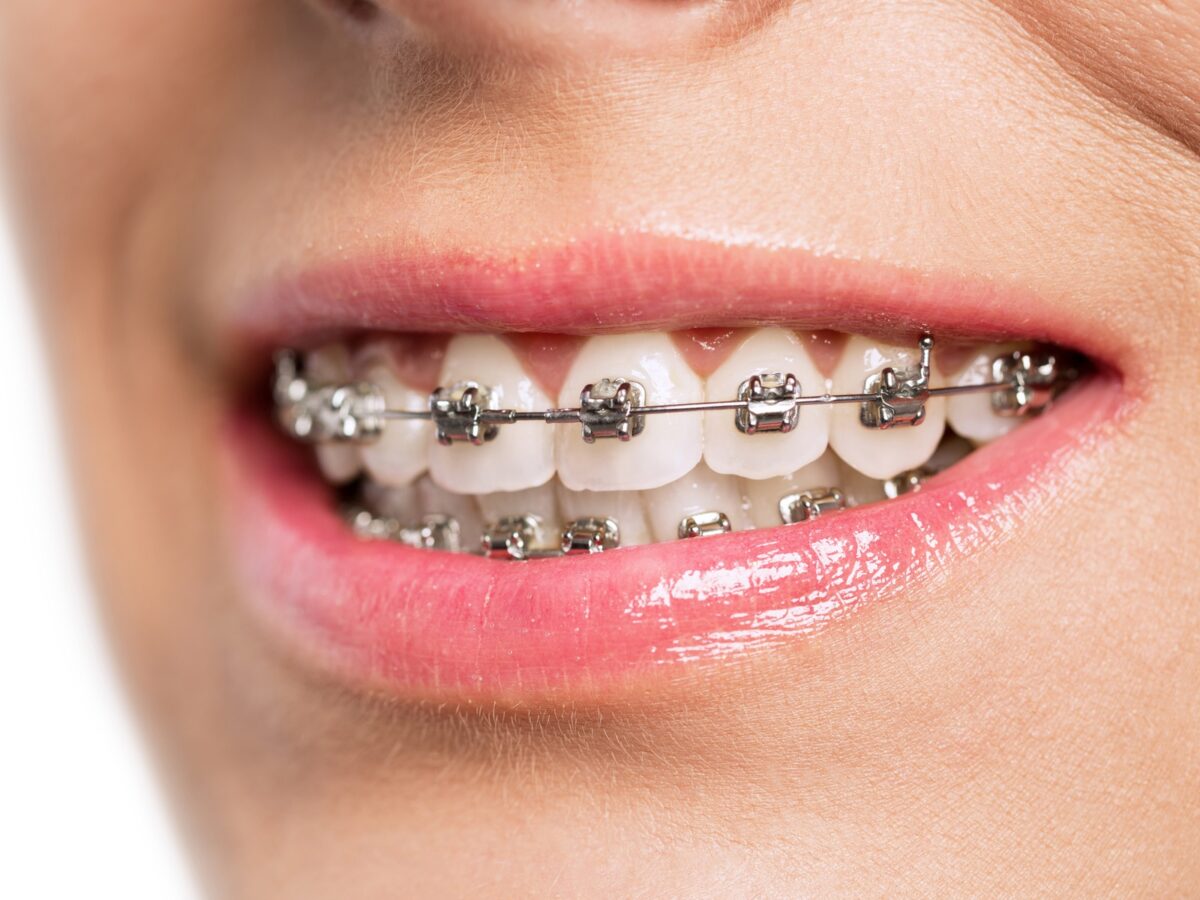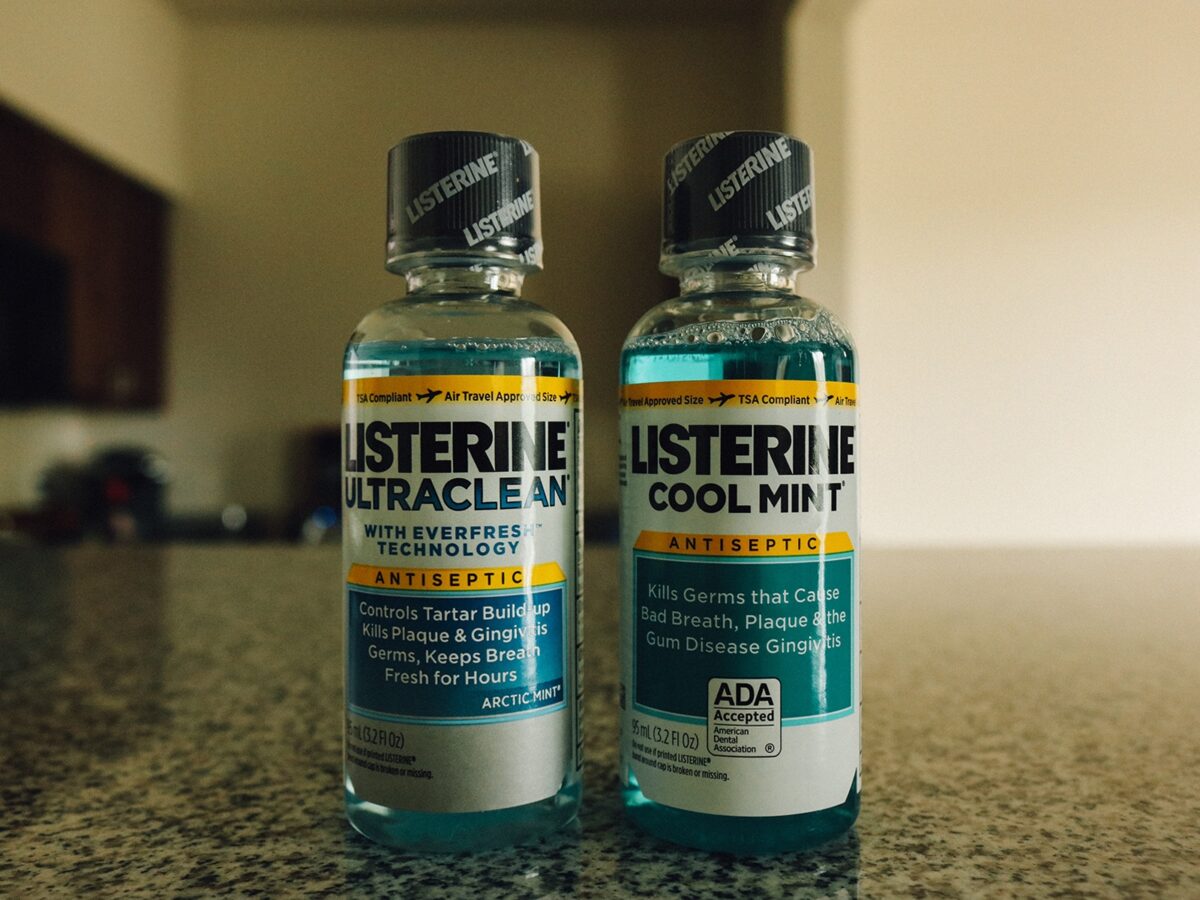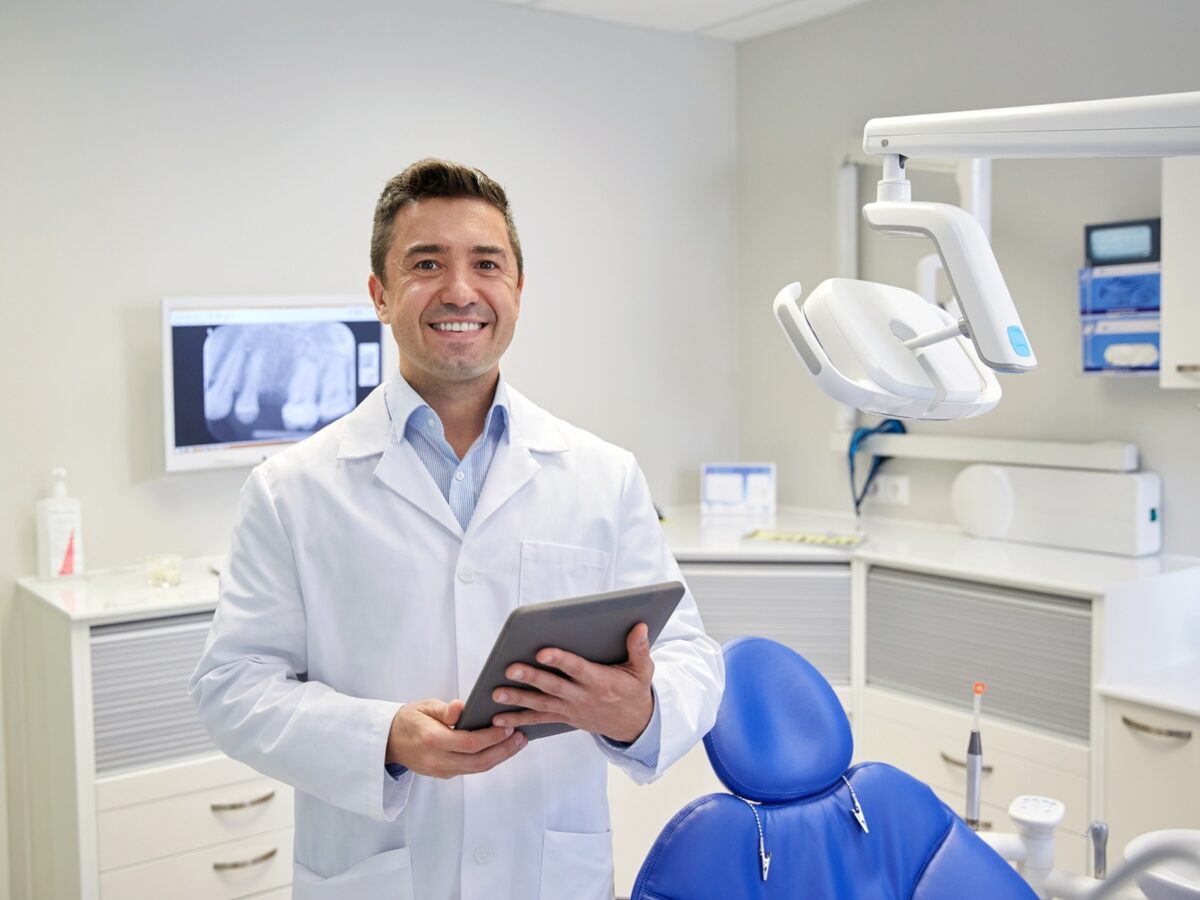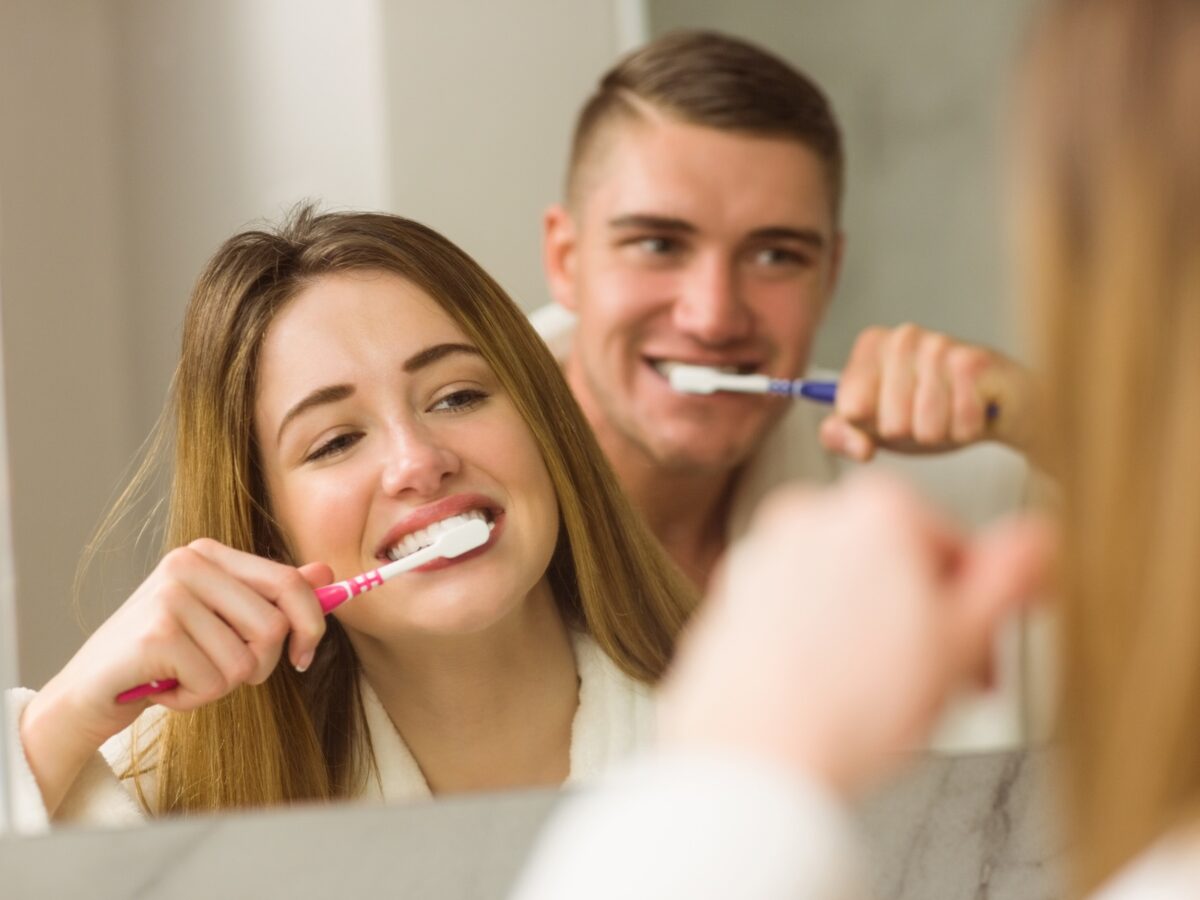While manufacturers are working to improve the stain resistance of the brackets, all sections of the braces are still prone to staining.
Some simple procedures and tweaks, on the other hand, can help keep braces white and clean:
- Practicing Good Dental Hygiene: Brushing your teeth while wearing braces is equally as vital as brushing your teeth without braces. It should be a constant component of one’s everyday routine. Brushing and rinsing teeth after meals will remove any food colorants that may stain the braces, as well as any food particles caught in the brackets. Flossing will also assist to prevent discoloration by cleaning the hard-to-reach areas that a brush might miss. Cleaning and flossing also provide an opportunity to inspect your teeth for any loose brackets that may require treatment from your dentist.
- Regular Check-ups: If you have white braces, you will need to visit the dentist regularly because the elastic ligatures will need to be changed frequently. Apart from providing new, stain-free ligatures, the dentist will examine the brackets for any alignment or staining difficulties. It’s critical to make these appointments since they’ll help keep the white braces clean, and the replacement ligatures will give the braces a new feel and look.
- Be careful about eating and drinking: Changing your eating habits while wearing white braces will help prevent stains. Foods with strong colors, like tomato or mustard, might stain braces. Another food that can stain braces is coffee. It’s preferable to avoid them. Other easy precautions, such as sipping dark-colored beverages via a straw, can help keep braces clean and white.
The effectiveness of keeping braces clean and white is dependent on the dentist and the patient’s understanding. By adhering to these basic guidelines, you may keep a healthy, confident smile without your white braces. You can schedule an appointment with a dentist for more information.
Schedule your appointment with a dentist today and get the treatment on time!

